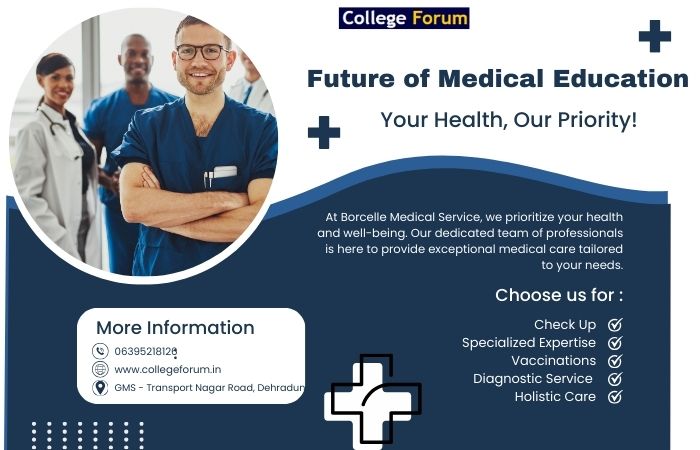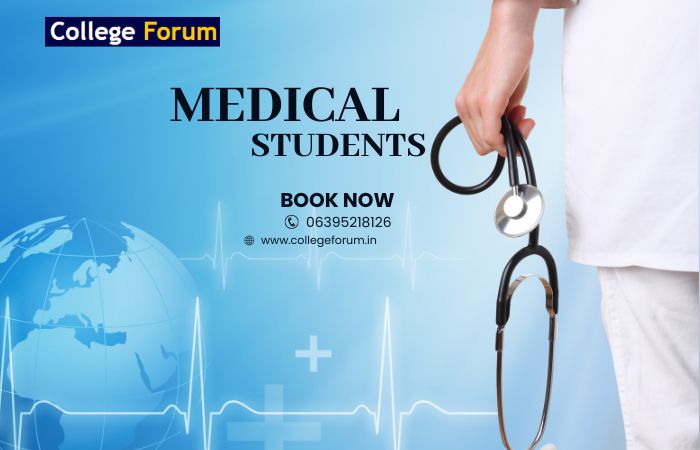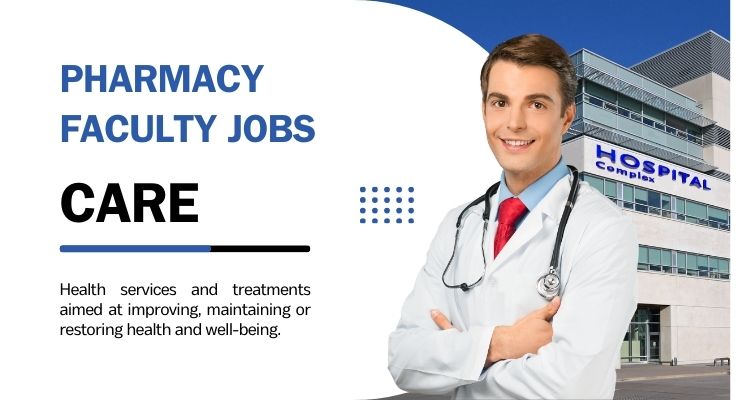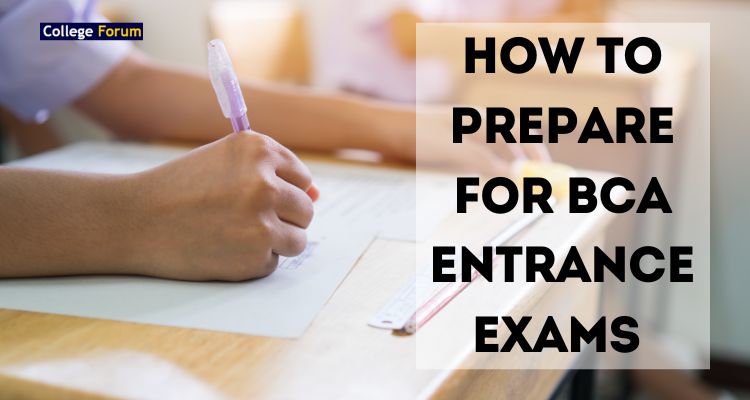Medical Residency: How to Prepare – A Step-by-Step Guide
Introduction Preparing for a medical residency is undoubtedly one of the biggest challenges of a medical residency More than anything else, it involves a combination of academic knowledge, practical skills, and personal commitment to hard work. Thus, this guide shall provide you with an articulative, step-by-step framework for preparing you for success on the road to medical residency. 1. Residency Application Process 1.1 Learn About Available Residency Programs The process of preparation begins with searching for potential programs. Each program differs, from specialties and faculty to training environments. Sources such as Accreditation Council for Graduate Medical residency can reveal much about accredited programs. When reviewing these possible options, take into account the following: Program specialties Location and work-life balance Resident reviews and satisfaction 1.2 Timeline Knowing the application timeline is very essential. A general notion of a residency application process contains a sequence of calendars including deadlines for: Pre-submission Interviews The Match Using a planner or digital calendar, one can track important dates and get a smooth proceeding. 2. Develop a Strong Application 2.1 Write a Compelling Personal Statement Your personal statement is part and parcel of your application. You should describe your motivations, experiences, and what you would like to do during your medical residency. Start with a Hook: You want to start off on an interesting anecdote or experience that embodies your passion for medicine. Reflect on the Journey: Explain your path through medical residency and relevant experiences that contributed to your desire to pursue a particular specialty. Be Yourself: Write in your own voice and ensure your essay is personal and authentic. 2.2 Get Strong Letters of Recommendation Letters of recommendation can be highly useful for an application. Choose mentors who truly know you well and are able to speak to your strengths. Frame Context: As you ask for a letter, provide your recommenders with some background about the programs to which you are applying and what it is that you are trying to do. Follow Through: Track whom you’ve requested and nudge them gently close to deadlines. 3. Excel in Clinical Rotations 3.1 Actively Engage Your time of glory now. Being proactive will not only enhance your learning experience but also make a positive impression on your supervisors. Be an active participant: Do not be afraid to ask questions. Volunteer for work. It shows initiative and eagerness to learn. Seek Constructive Criticism: Feedback is a growth engine. Get it frequently from other people to help you improve your skill and knowledge. 3.2 Develop Relationship Networking is great while on rotations. Relationships made with faculty members and other residents may prove helpful in the future. Be Accessible: Friendly personality can lead you to be accessible to people. Remain in Touch: Keep in contact with mentors that mentored you during rotations; they could give you a heads-up on good advice and recommendations. 4. USMLE Preparation 4.1 Know the format Before entering medical residency in the United States, one must pass the United States Medical residency Examination. Its format consists of: Step 1: involves the foundational sciences. Step 2: tests your clinical knowledge and your clinical skills in that area. Step 3: tests your skill in running a patient or groups of patients independently. 4.2 Work on a Study Plan You can memorize everything if you formulate a systematized plan to study. Begin Early: Avoid the last moment. Provide yourself with sufficient time to study. Utilize Quality Resources: Use textbooks, online courses, and question banks crafted to enhance USMLE. 5. Polish Clinical Skills 5.1 Practice Clinical Skills Your clinical skills will be exercised during your internship residency. Practice is necessary, so try to avail yourself of every opportunity. Simulations: Attend simulation labs to improve your hand-on skills. Peer Practice: Ask your friends to practice the examination and procedures. 5.2 Effective Communication Learning Healthcare providers require effective communication. You will need to communicate effectively to the patients, families, and colleagues. Active Listening: You should be able to listen to the patient with full attention and then respond accordingly. Clear explanations: It should explain complicated medical residency in simple terms. 6. Mental and Emotional Preparation 6.1 Resilience Building The journey through medical residency can be stressful. Improving your mental resilience will build the strength you need to get through it. Self-Care: Develop a healthy attitude towards managing your mental health. Engage in exercises that relax and bring well-being to your life, such as exercise and hobbies. Seek Support: Do not be afraid to talk to friends, family, or counseling services when overwhelmed. 6.2 Time Management Effective time management is crucial during your medical residency. It will help you improve your organizational skills in juggling the responsibilities. Prioritize: Mark what needs to be done first. Tools: Explore apps or planners to organize your time and deadline. 7. Interview Preparation 7.1 Prepare for Questions Prepare for interview by learning some common questions that residency programs may ask you. They include: Why did you choose to become a physician in this specialty? What are your greatest strengths and weaknesses? How do you handle stress? 7.2 Practice Interview Skills Practice mock interviews with friends or mentors to hone your answers and build your confidence. Record Yourself: Watching the tape may actually help you know where you should be improving. Seek Constructive Criticism: Get feedback from people who have some experience through the interview process. 8.1 Keep on Top of Trends in Medicine Being aware of the trends of the day in health will surely differentiate you. Subscribe to health journals, follow trending news, and discuss the issues that are being aired in the news. 8.2 Be Open for Change The path way to a medical residency is full of surprises. Be ready to adjust your plans in response to experiences, opportunities, and changing trends in medicine. Conclusion Preparing for a medical residency is a complex, time-consuming, and meticulous exercise that demands dedication, discipline, and a proactive approach. This guide helps prepare everything you need to know about the application process, acing rotations, and finally
Medical Residency: How to Prepare – A Step-by-Step Guide Read More »








